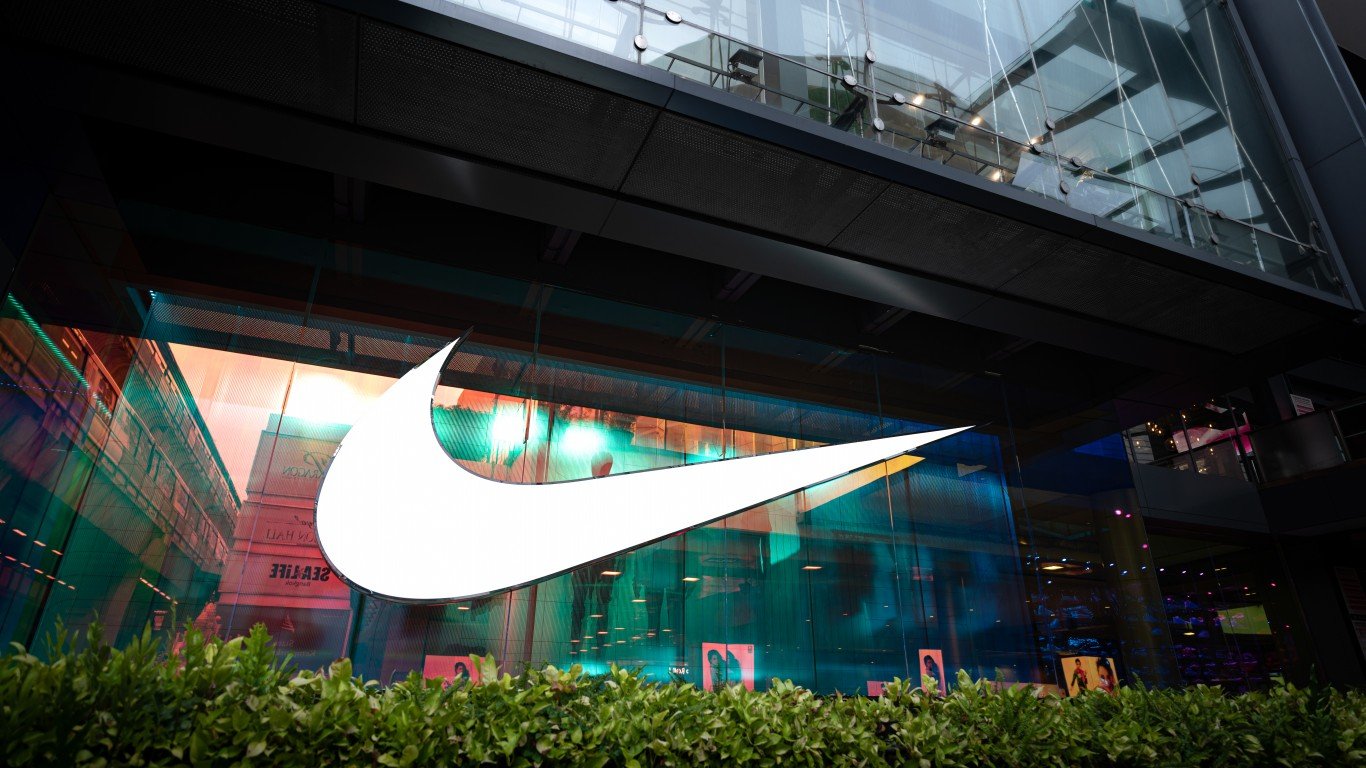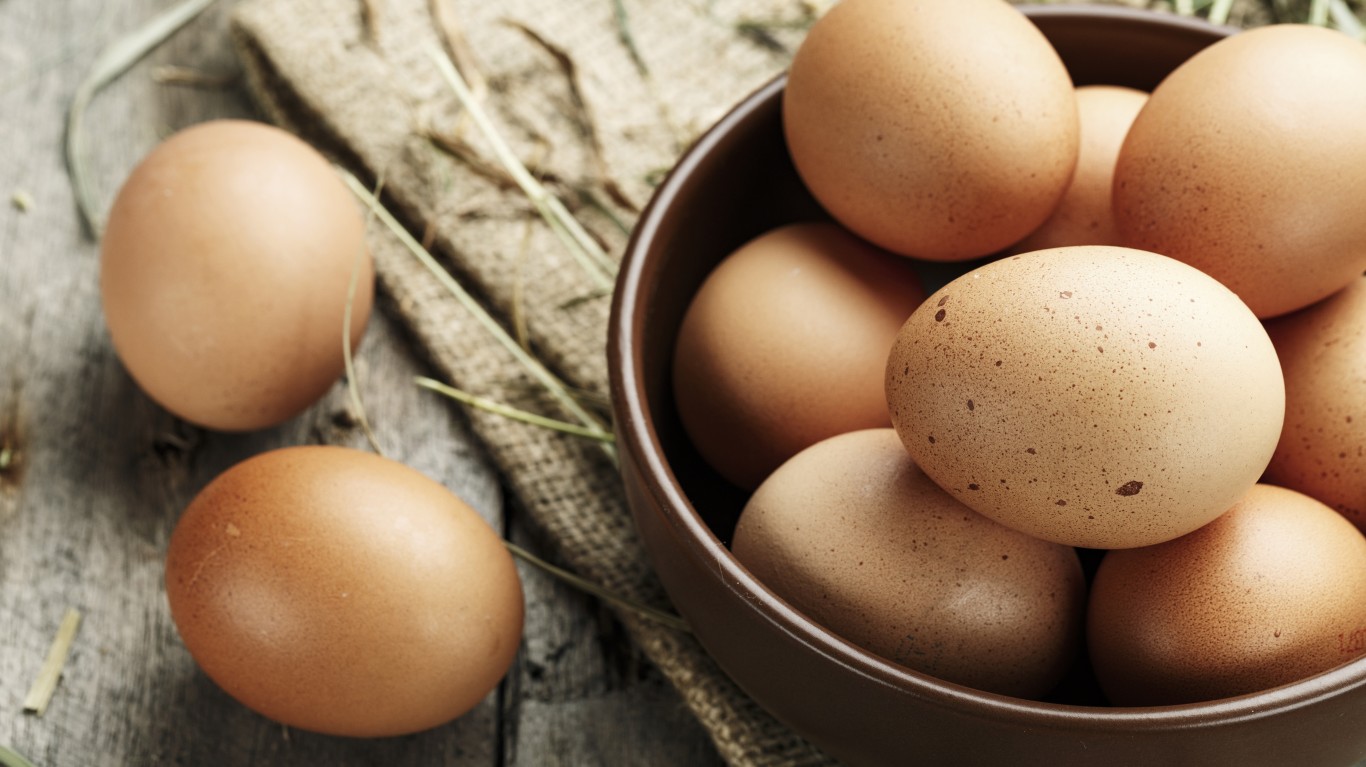

From egg-stra small family farms to egg-spansive commercial production facilities the U.S. egg market is a 14 billion-dollar industry. Eggs are nature’s perfect package of nutrition and flavor. With their egg-actly measured balance of protein and fat, eggs elevate dishes to new heights of gastronomic delight. Whether softly boiled for breakfast, gently scrambled for brunch, or incorporated into decadent desserts, eggs add richness and depth to our table. The humble egg is not merely an ingredient but a staple of culinary egg-cellence and egg-spertise. So, pull up a chair and prepare to discover 24/7 Wall St.’s list of 7 egg brands you absolutely must try, presented alphabetically.
1. Eggland’s Best
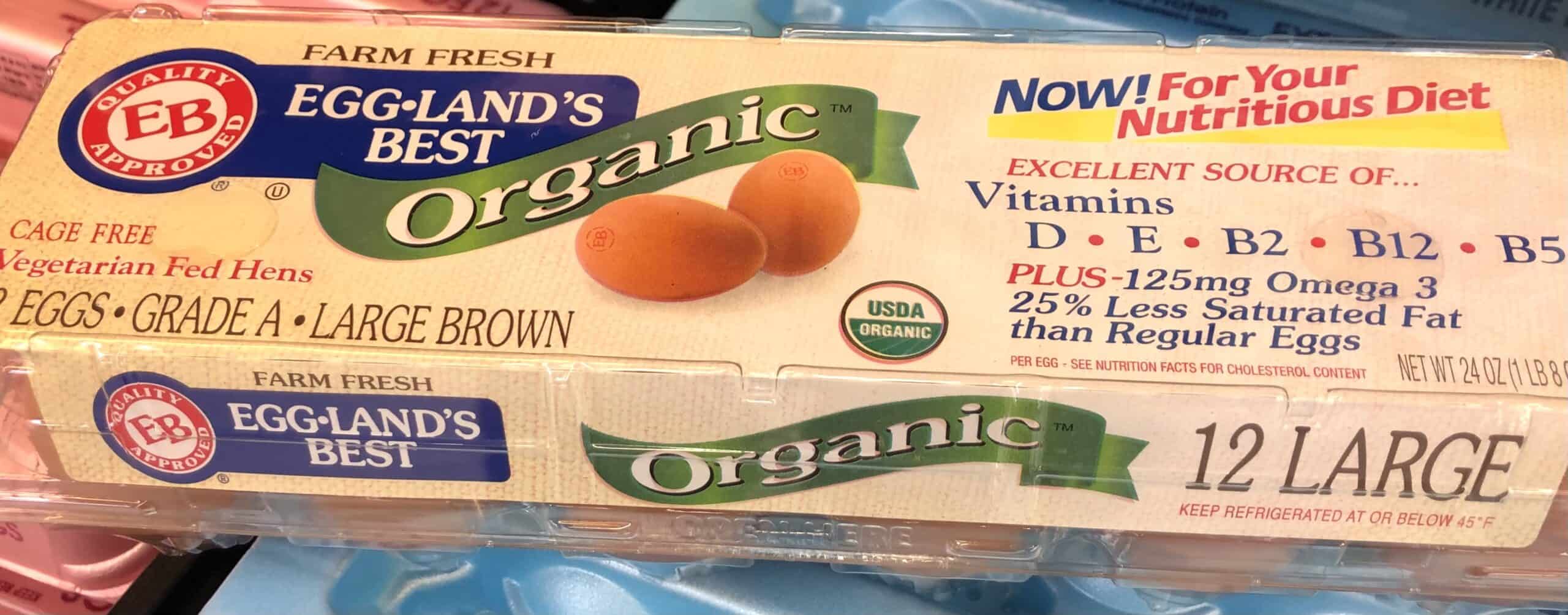
- Parent/owner: Cal-Maine Foods, Inc.
- Established: 1988
- Annual revenue: $9 million/2023
Vegetarian Fed Hens
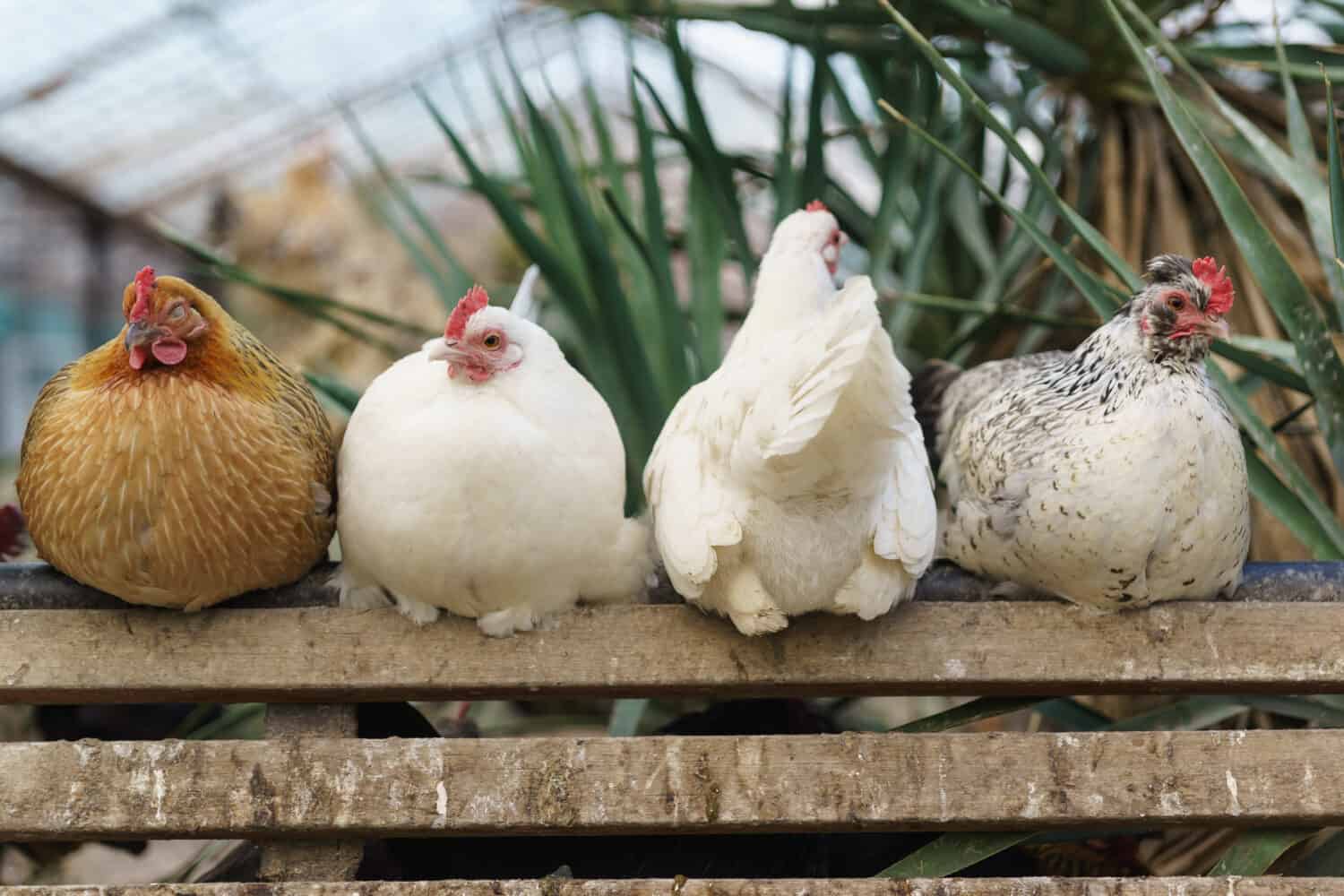
E.B.: Eggland’s Best – Easter Bunny. Coincidence, or are we onto something? Before the emergence of the Happy Egg Co. Eggland’s Best was my go-to. They’re wonderful eggs, but some of their claims are questionable. Sure you may be feeding your hens a vegetarian diet, but if they are cage-free enough to forage, (and why wouldn’t they be?) they’ve ingested a grub or two; chickens are opportunistic omnivores. Independent tests have determined that Eggland’s Best eggs are much higher in vitamin E, with more omega-3 fatty acids and iodine than some other eggs. However, as of March 2024, a class-action lawsuit has been filed regarding Eggland’s claim touting less saturated fat. Something to watch. An alternative to their plastic packaging would be a welcome change, but overall the Easter Bunny approves of Eggland’s Best.
2. Happy Egg Co.
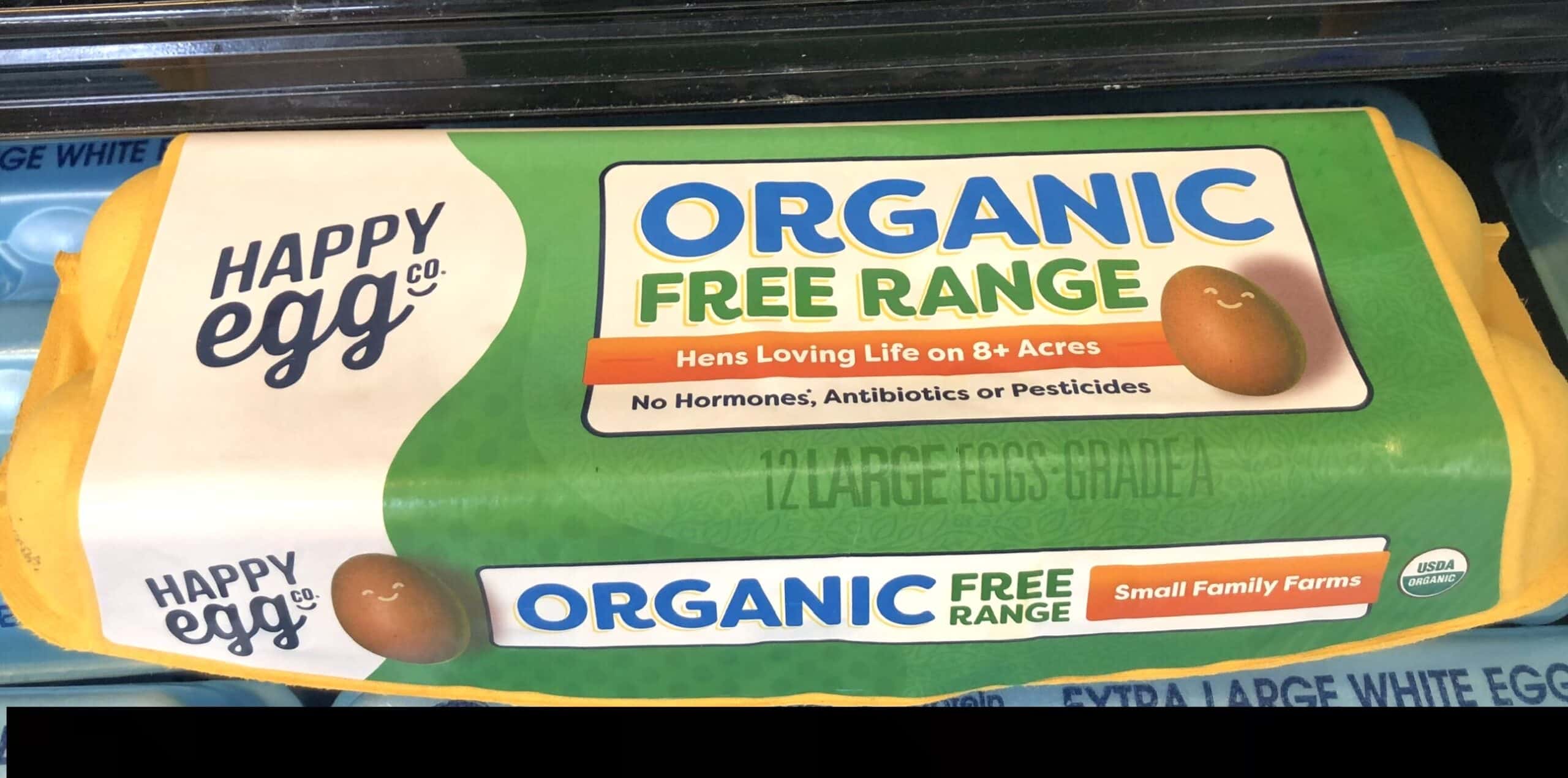
- Parent/owner: Privately held/ Happy Egg Co.
- Established: 2012
- Annual revenue: $15 million
Egg-statically Happy
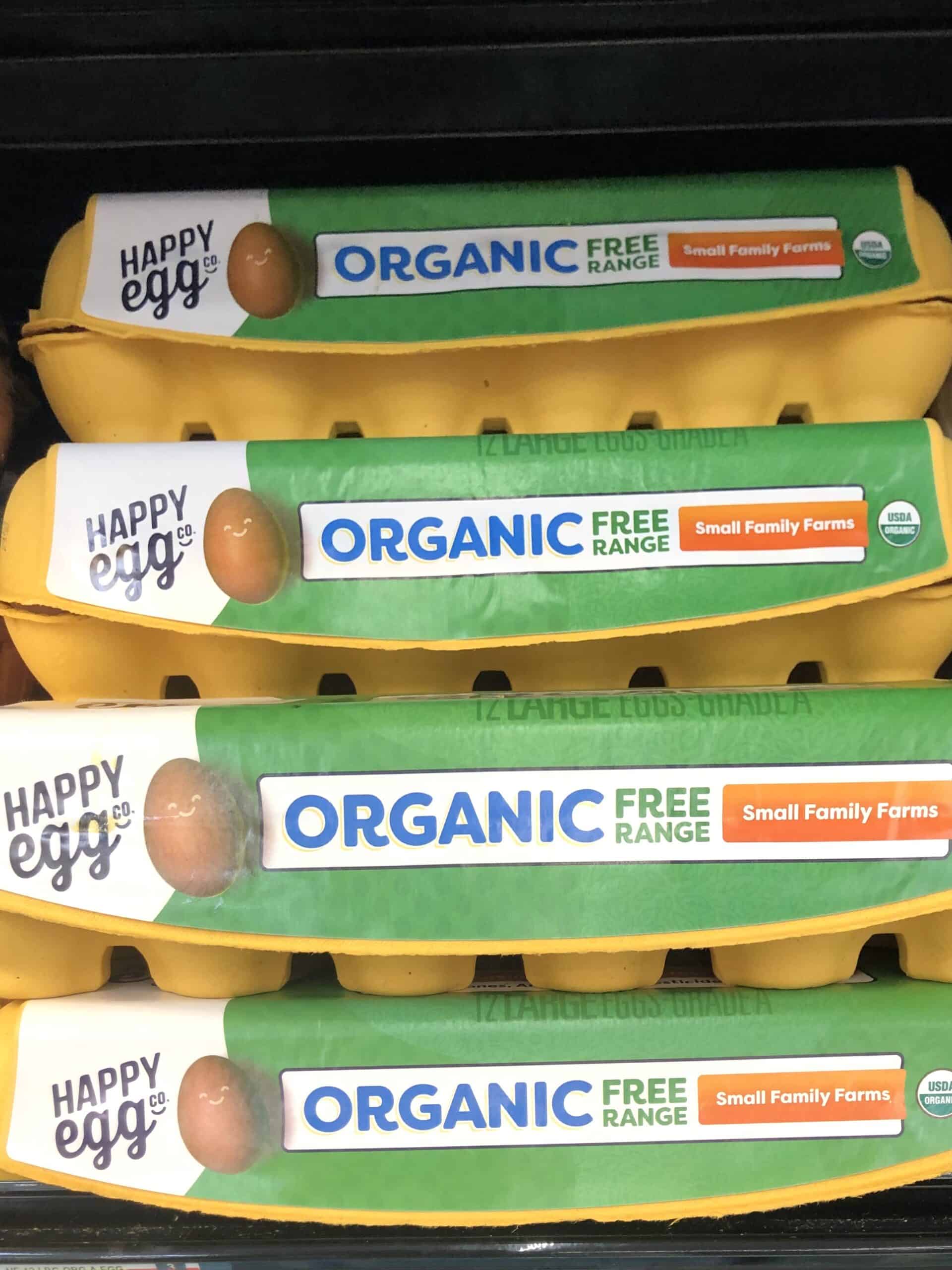
In the interest of transparency, on the list of 7 egg brands you absolutely must try, this is the brand of eggs I use. I tend to trust my gut in matters of food procurement, and when Happy Eggs hit my grocer’s shelf. I was smitten by the name, which evokes happiness, and the lack of plastic in the packaging. With uniformly nearly orange yolks and thick albumen (egg whites), these eggs are delicious on their own and are perfect for baking projects. All of this to say, I’m happy to report that the Happy Egg Co. is a company I’m happy to support. This brand was the first commercial egg company to receive certification from the American Humane Association. Headquartered in Rogers, Arkansas, Happy Egg Co. contracts with small family-owned farms. The brand has three products: Free-Range, Organic Free-Range, and Free-Range Blue & Brown Heritage Breed.
3. Local Eggs
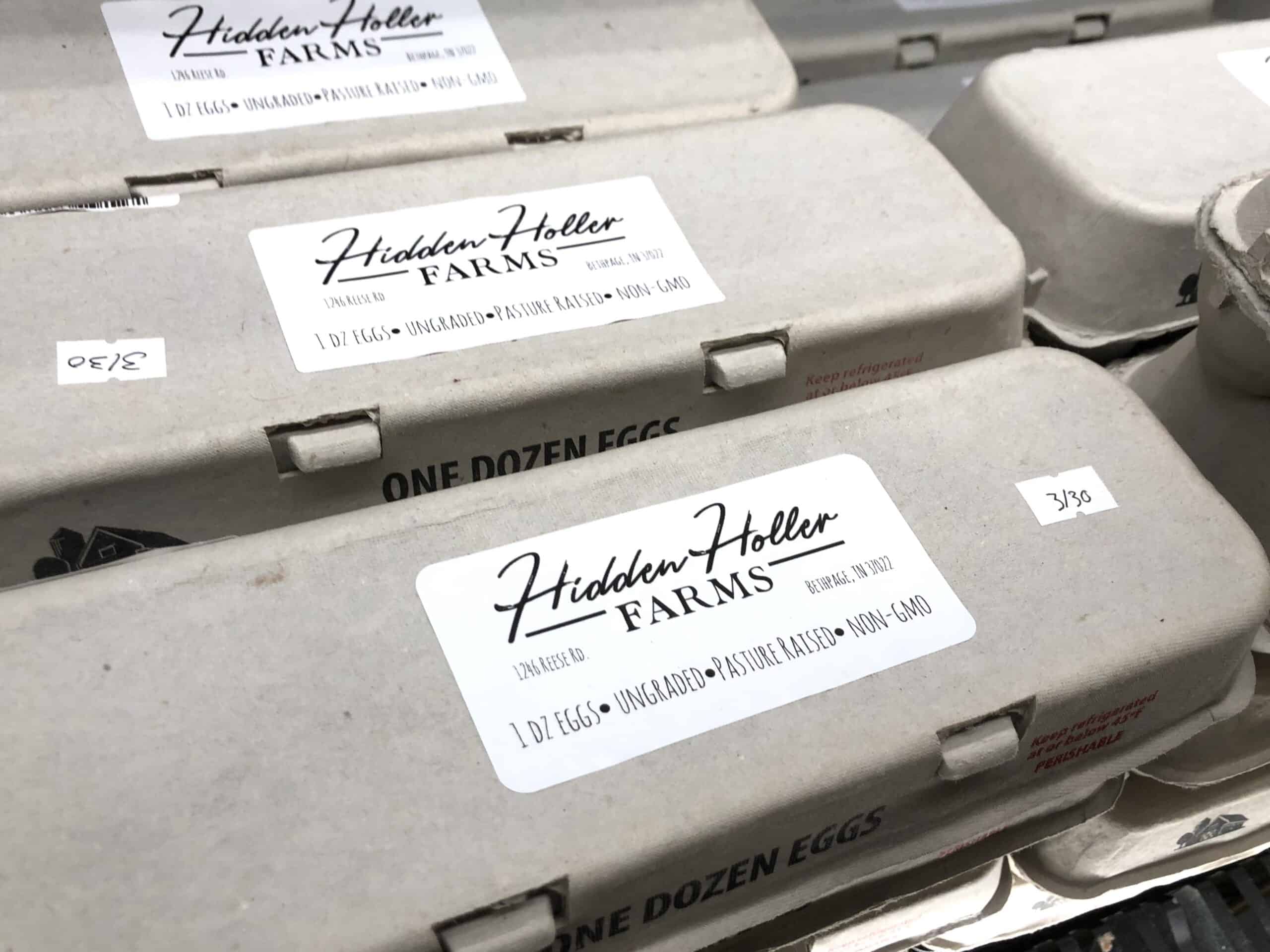
- Parent/owner: Various
- Established: N/A
- Annual revenue: N/A
Hometown Yolks raised by Hometown Folks
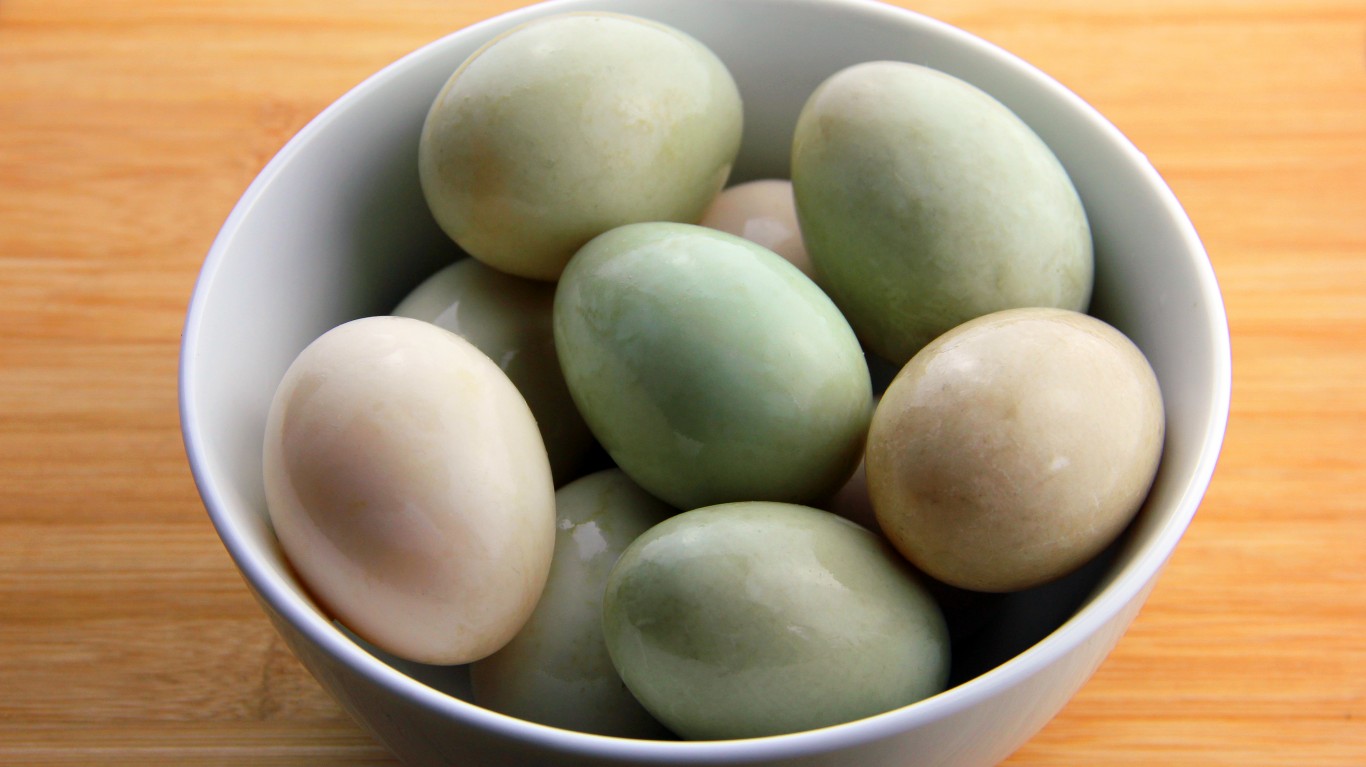
In a pinch, I’ll grab a carton of hyper-local eggs from the boutique market on my block. They’re a bit more pricey, but gosh darn it are they ever good, and often come in unusual hues. Buying local means you’re getting much fresher eggs, too. So, while it seems somewhat decadent in these inflationary times to spend money indiscriminately, supporting a local farmer here and there seems like a worthy endeavor.
4. Pete and Gerry’s
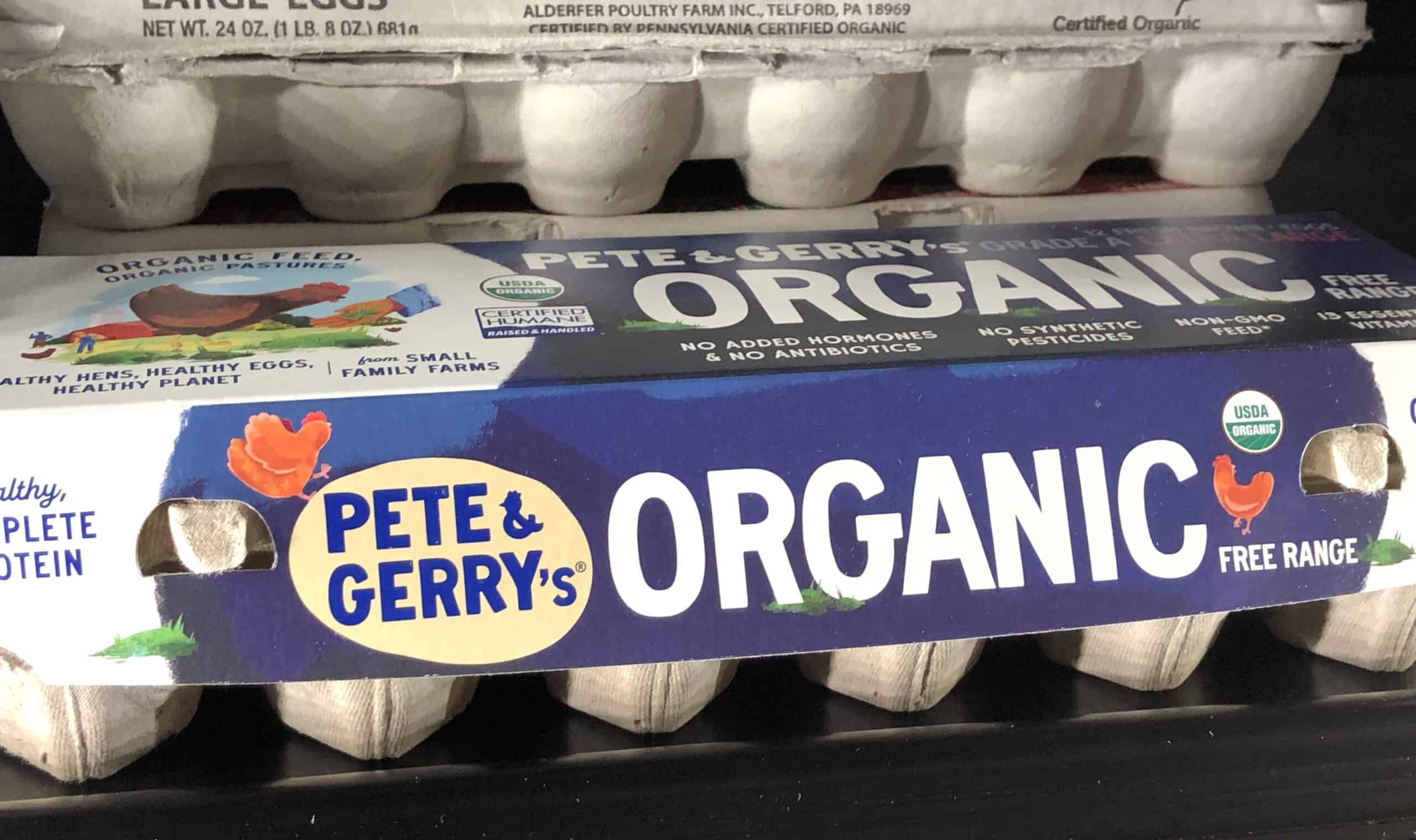
- Parent/owner: Butterfly/Jesse Laflamme
- Established: 2013
- Annual revenue: $176 million
Free Rangin’
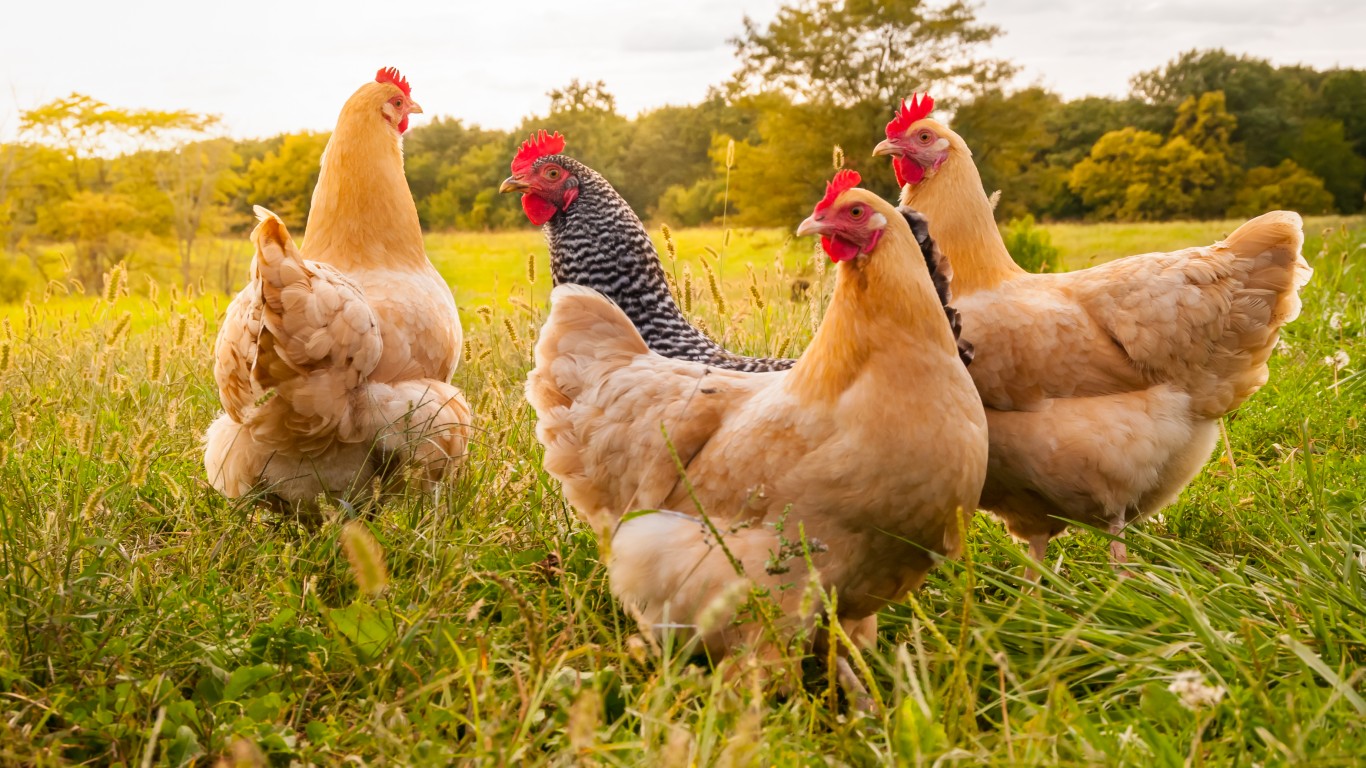
According to their literature, each one of Pete and Gerry’s hens is given 108 square feet of space/average for foraging and socializing. I love the idea of a bunch of cackling hens socializing as they forage. Headquartered in Monroe, New Hampshire, the brand was founded by Jesse Laflamme, who comes from a family of egg farmers. Pete and Gerry’s eggs are sourced from small family farms across the United States, where hens are raised in free-range environments with access to outdoor spaces. Pete and Gerry’s eggs are fed organic feed and raised free of synthetic pesticides. The brand is also committed to promoting sustainable agriculture and minimizing its environmental impact. A good egg if ever there was.
5. Store Brand
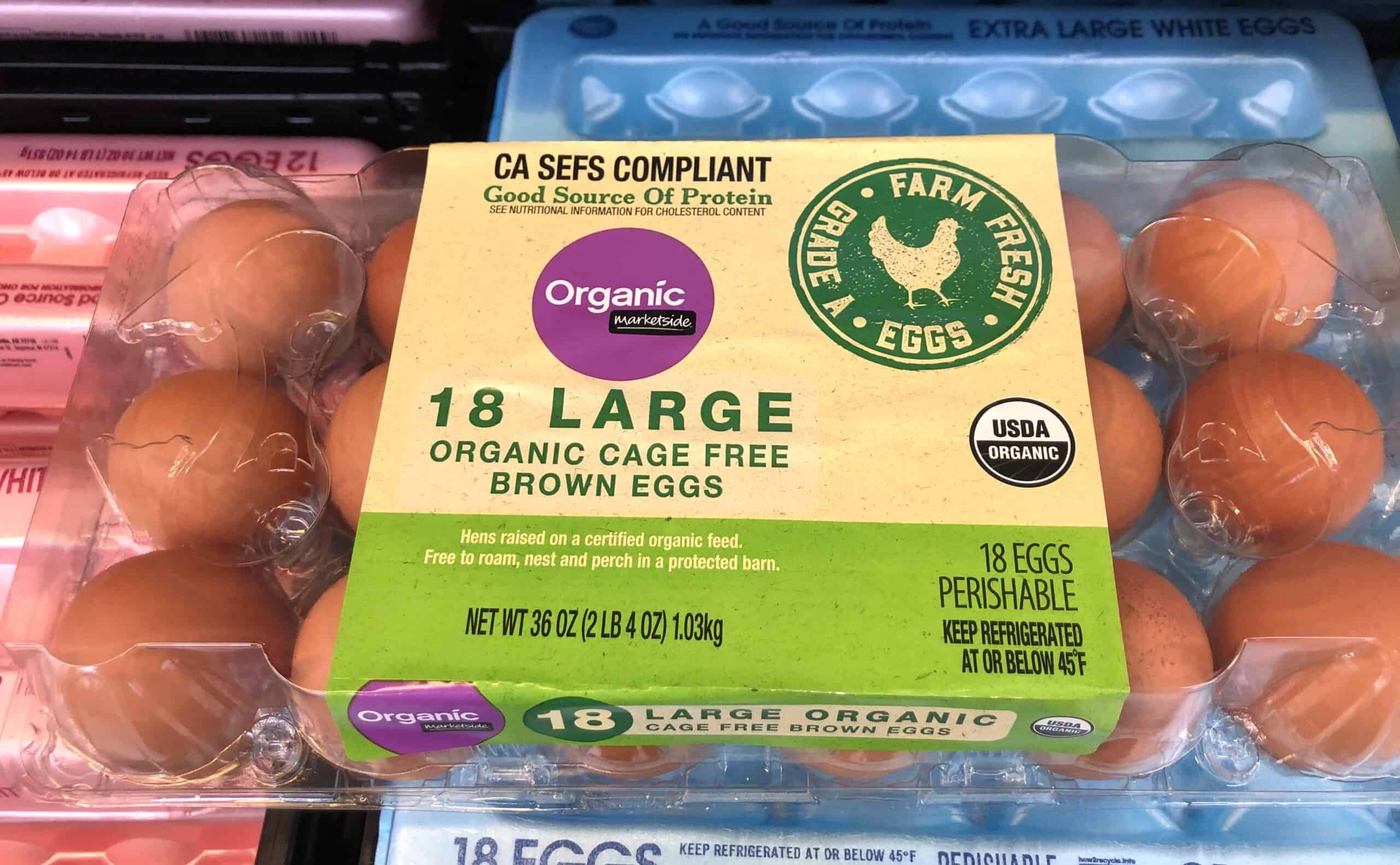
- Parent/owner: Various
- Established: N/A
- Annual revenue: N/A
aka Generic Eggs
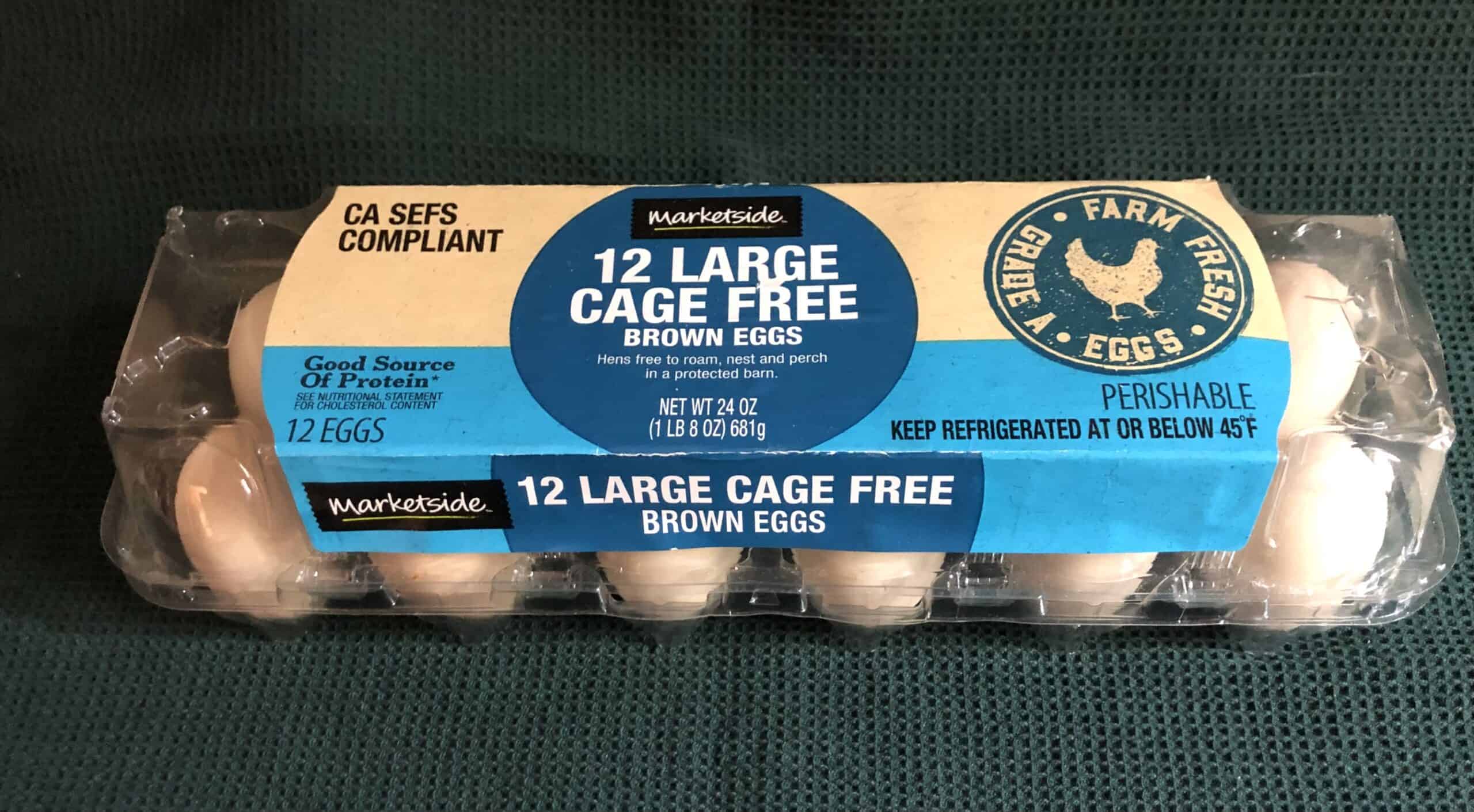
Truth is, most store-brand eggs are totally edible. As mentioned, eggs are one of nature’s perfect foods and it’s difficult to mess them up. Store-brand eggs are comparable in quality to name-brand eggs. Both must meet the same FDA standards. The differences are more likely related to marketing and packaging rather than inherent quality. The quality of the eggs depends more on factors like the hen’s diet, living conditions, and how recently they were laid rather than the brand name on the carton. And if you’re eating your eggs out? Even fancy restaurants use generic bulk eggs. Bon appetit!
6. Vital Farms
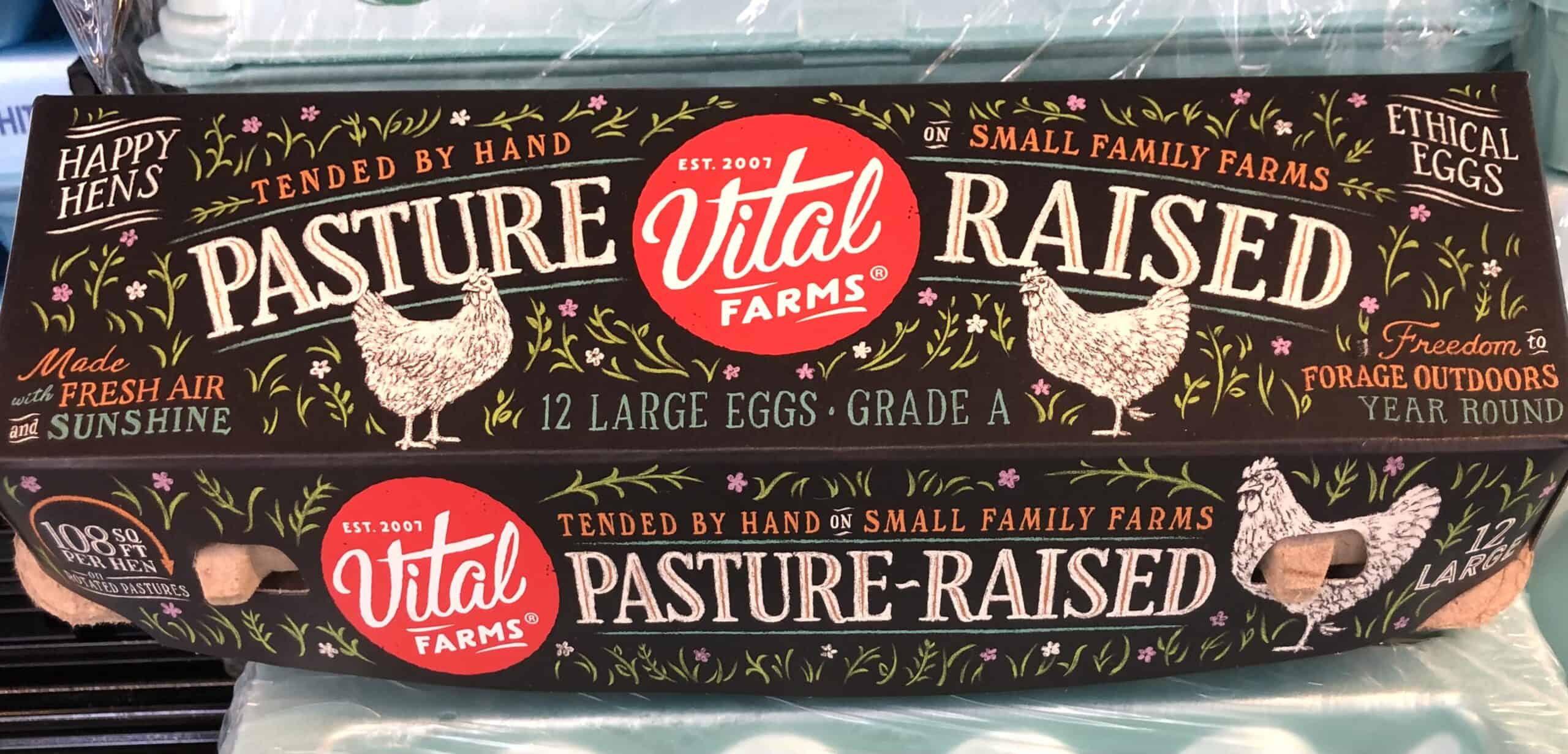
- Parent/owner: Matt O’Hayer
- Established: 2007
- Annual revenue: $472 million
Free to Forage
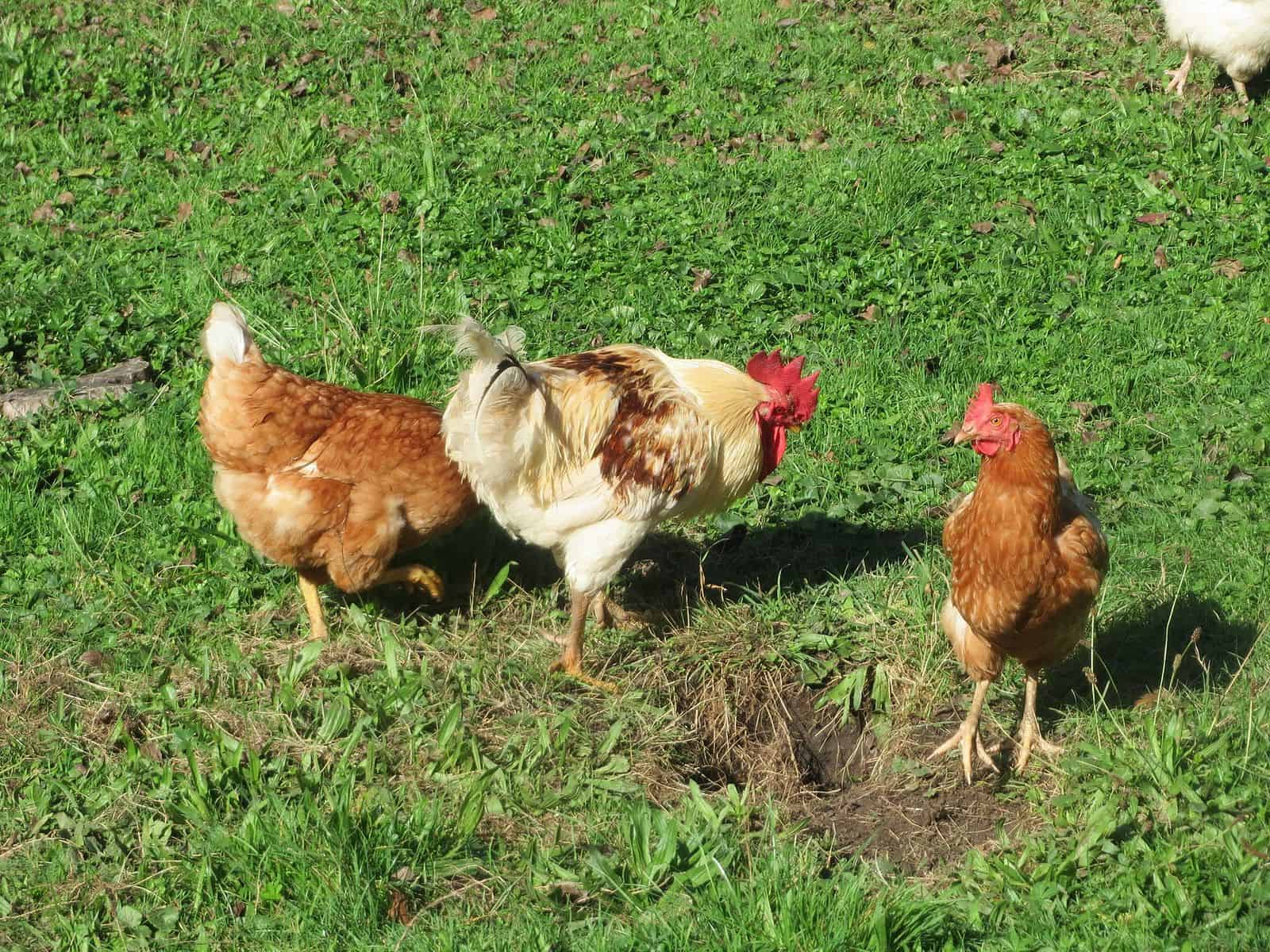
I was surprised to discover that Vital Farms has the highest annual revenue on our last of 7 egg brands you absolutely must try. This brand, headquartered in Austin, Texas, prides itself on adhering to high standards of animal welfare and sustainable farming practices. Their hens are pasture-raised, meaning that they have access to outdoor areas where they can roam freely and forage for food. Vital Farms emphasizes transparency in its operations and provides information about the farms where they source their eggs. O’Hayer founded the brand in 2007 on the premise that it was possible to produce high-quality eggs in an environmentally sound and humane manner. Judging from the bottom line, I’d say he was correct.
7. Your Own

- Parent/owner: You!
- Established: There’s no time like the present…
- Annual revenue: Priceless
Backyard Hens are Our Best Friends

The best eggs are the ones your very own hens produce! Raising hens and collecting their eggs is a rewarding experience. Gathering fresh eggs, still warm from the nest, bestows a sense of accomplishment as well as a deeper connection to and appreciation for the food we consume. There’s something egg-stremely satisfying about nurturing these fine-feathered family members. And nothing could be more relaxing than watching them scratch, peck, and cluck contentedly in the backyard. There is also the connection to the hens themselves. Those in my friend group who have them rhapsodize and wax poetic about their layers. They buy them toys, and outfits, and take them for walks on a lead. If I were a dog, I be concerned and trying to learn how to lay eggs…
Take This Retirement Quiz To Get Matched With A Financial Advisor (Sponsored)
Take the quiz below to get matched with a financial advisor today.
Each advisor has been vetted by SmartAsset and is held to a fiduciary standard to act in your best interests.
Here’s how it works:
1. Answer SmartAsset advisor match quiz
2. Review your pre-screened matches at your leisure. Check out the
advisors’ profiles.
3. Speak with advisors at no cost to you. Have an introductory call on the phone or introduction in person and choose whom to work with in the future
Take the retirement quiz right here.
Thank you for reading! Have some feedback for us?
Contact the 24/7 Wall St. editorial team.


